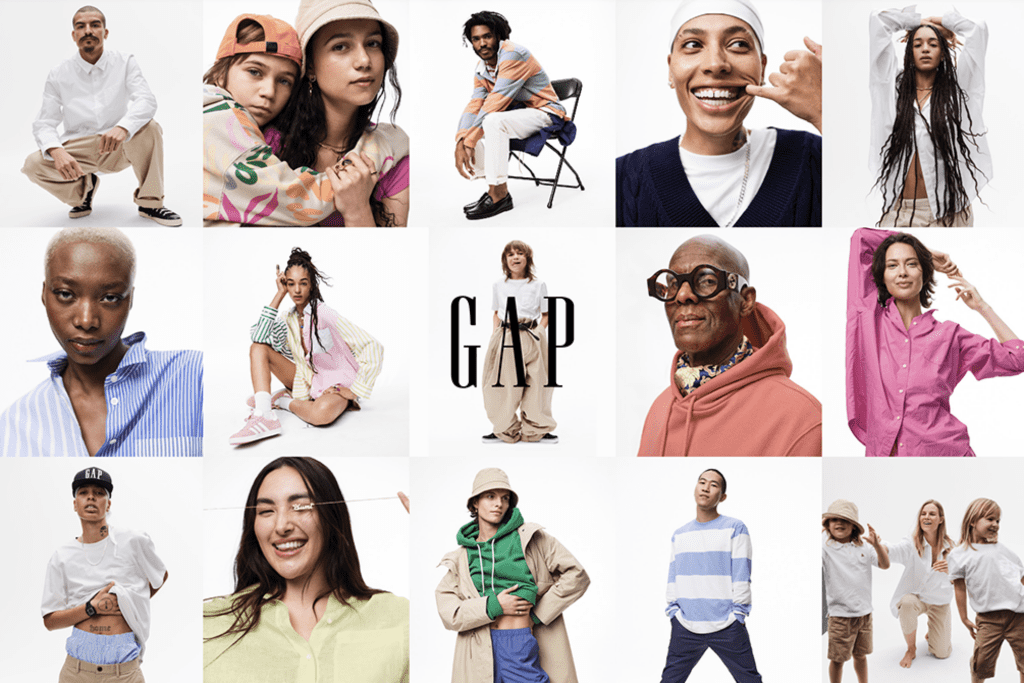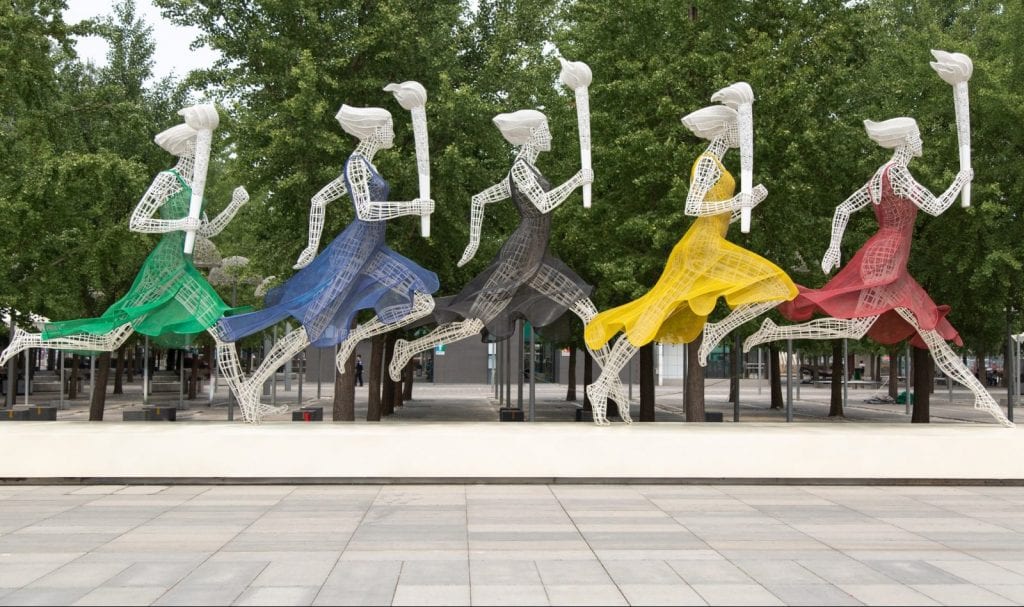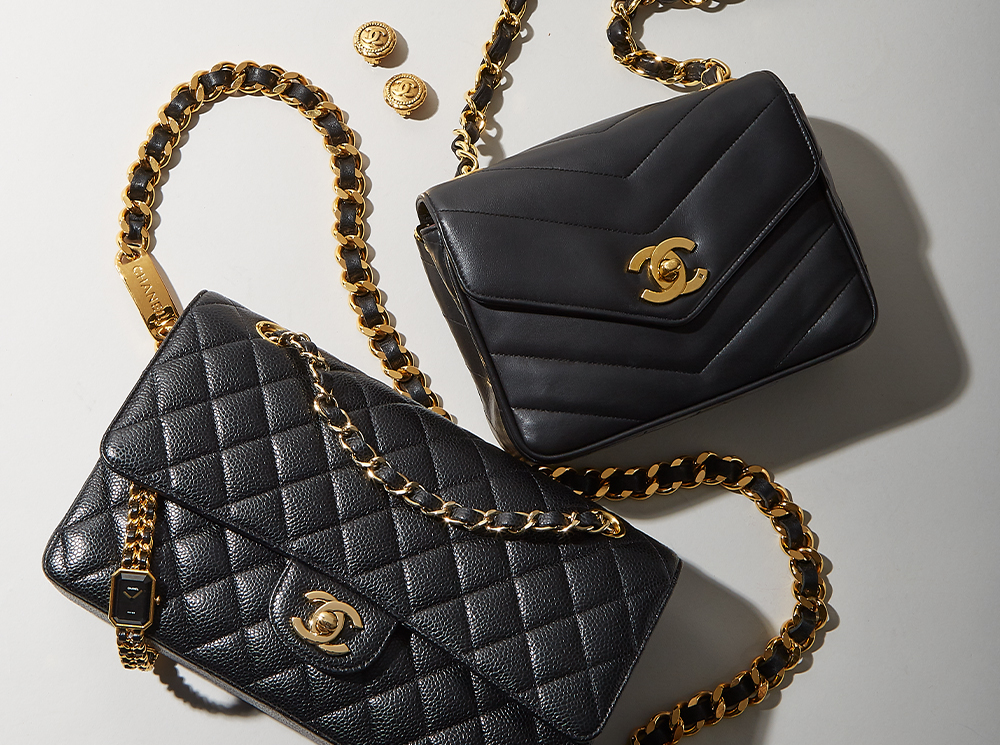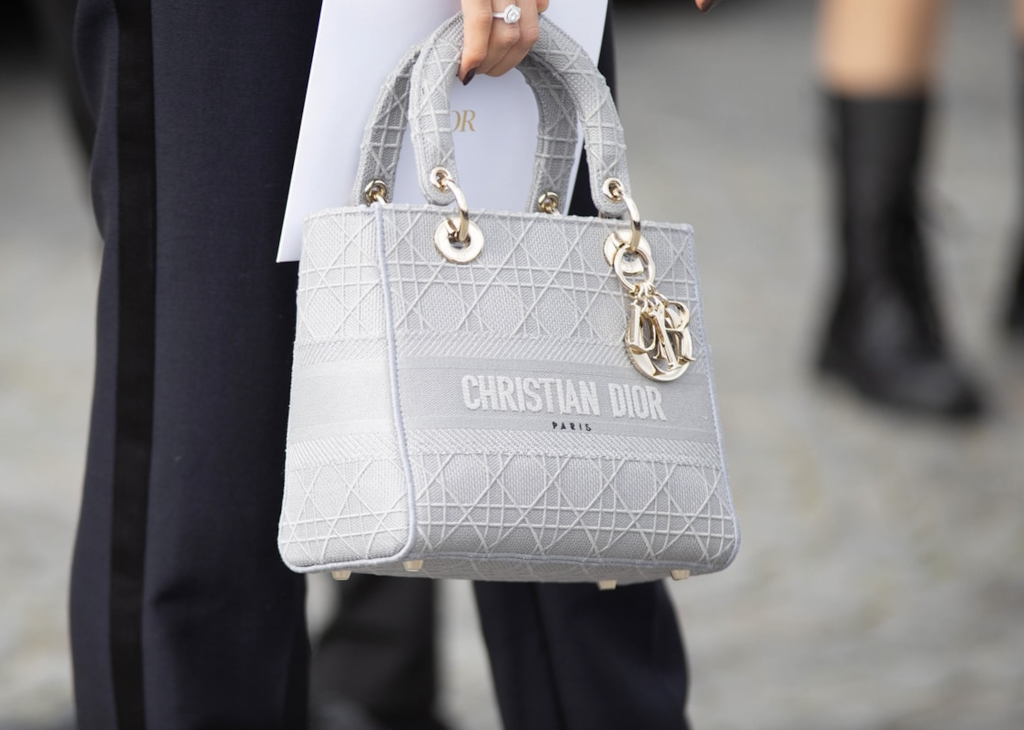Patagonia and the Gap have settled their differences in a lawsuit that pitted them against one another over “lookalike” fleece jackets. On the heels of Patagonia filing a trademark infringement and dilution suit against the Gap in November 2022, accusing it of offering up jackets that infringe the source-indicating design of its Snap-T Fleece trade dress, as well as its P-6 mountain logo and PATAGONIA word mark, the parties alerted the U.S. District Court for the Northern District of California that they have reached an agreement to resolve their respective claims, bringing the case to an early close.
According to the joint stipulation and proposed order that they filed with the court on Tuesday, Patagonia and the Gap stipulate and agree that the second amended complaint that Patagonia filed against the San Francisco-based mall retailer and each cause of action asserted therein shall be dismissed with prejudice. At the same time, they also agreed that the Gap’s declaratory judgment counterclaim against Patagonia and the cause of action asserted therein shall be dismissed – albeit without prejudice. The court issued an order on Wednesday and terminated the case.
Some Background: In addition to alleging that the Gap infringed its PATAGONIA word mark, Patagonia took issue with the Gap’s alleged sale of copies of its “immediately recognizable” Snap-T fleece design, complete with a rectangular logo that is “highly similar” to [its] P-6 logo. Patagonia alleged that its Snap-T fleece trade dress consists of “a snap placket and matching pocket flap, rendered in contrasting color from the fleece and in different fabrication. Piping is used on the collar, cuffs, and waist and is often rendered in a contrasting color. The rectangular P- 6 logo is placed above the pocket flap.”
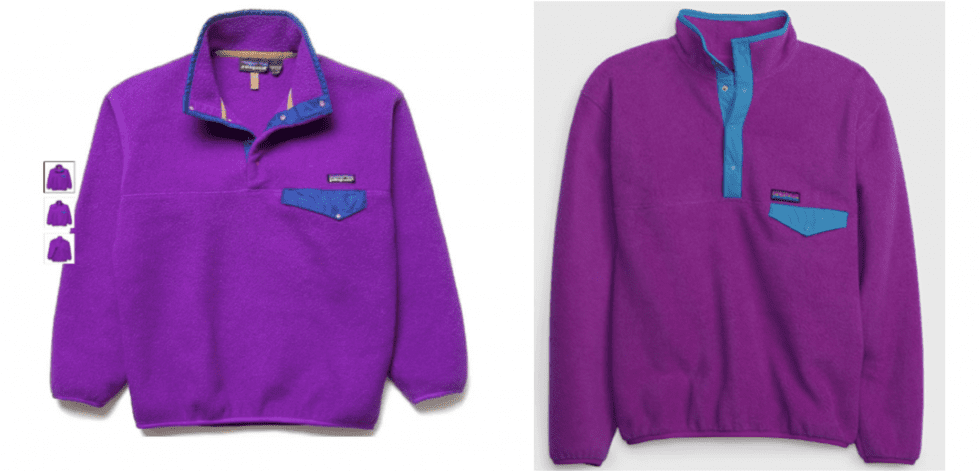
Taken together, the fleece design and the logo are “designed to make it appear as though Patagonia is the source of Gap’s products or has collaborated with Gap or authorized use of its trademark and trade dress,” Patagonia argued in its lawsuit.
In response, Gap set out an array of defenses, arguing that, among other things, Patagonia “unreasonably delayed bringing its claims” since Patagonia first contacted it regarding very similar jackets that were being sold by Gap, Inc.-owned Old Navy in October 2015, thereby, barring those claims by the defenses of laches, and acquiescence, waiver, and estoppel. Gap also lodged a declaratory judgment counterclaim, seeking a declaration from the court that “the overall design of the jacket is not protectable trade dress and is in the public domain,” as evidenced by similar jackets being offered up by other companies, including LL Bean, Land’s End, Columbia, Vineyard Vines, Bonobos, J. Crew, and Walmart.
THE BIGGER PICTURE: Patagonia may not have ultimately deemed it worthwhile to roll the dice when it comes to the validity of its Snap-T Fleece trade dress, which is precisely what Gap was challenging by way of its counterclaim. In addition to claiming that the design is in the public domain, Gap argued that the overall design of the Snap T product does not function as trade dress because it is comprised of functional elements, and not acquired distinctiveness. (More about that here.) A declaration from the court to that effect would make it difficult for Patagonia to enforce that mark going forward.
As for Patagonia’s dilution claim, which the Gap took issue with on the basis that Patagonia’s complaint contained “no allegations that Gap is using PATAGONIA or any similar mark,” it is worth noting that Patagonia would not have had an issue – from a fame point of view at least. You may recall that in 2019 the U.S. District Court for the Central District of California found that Patagonia sufficiently alleged that the PATAGONIA trademark is famous and distinctive (and rejected Anheuser-Busch’s motion to dismiss as a result). In that case, Anheuser-Busch sought to escape the trademark claims that Patagonia waged against it over its “Patagonia Brewing Co” brand by arguing that the PATAGONIA mark is not sufficiently “famous” to benefit from dilution protections. Siding with Patagonia, Judge Virginia A. Phillips of the U.S. District Court for the Southern District of California held that Patagonia had sufficiently alleged – including by showing $10 billion in sales since 1985 – that its mark is both “famous and distinctive.”
The case is Patagonia, Inc. v. The Gap, Inc., 3:22-cv-07437 (N.D. Cal.).




